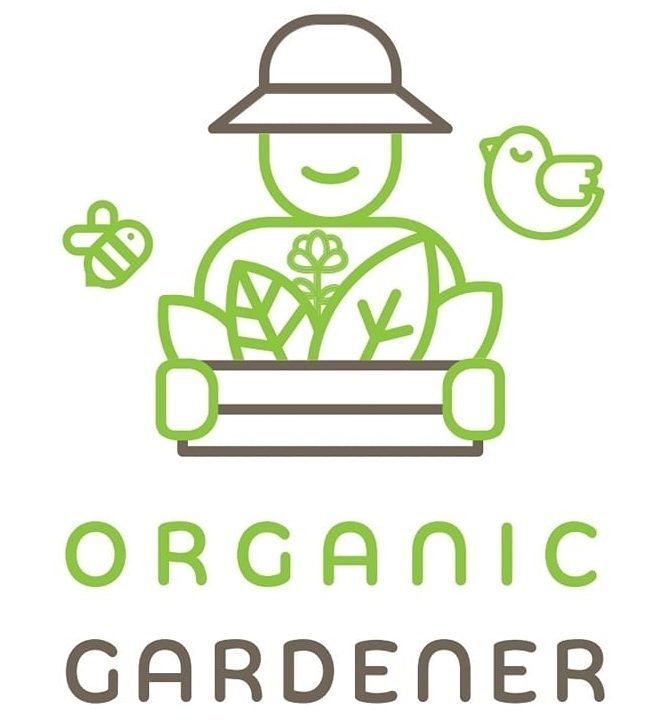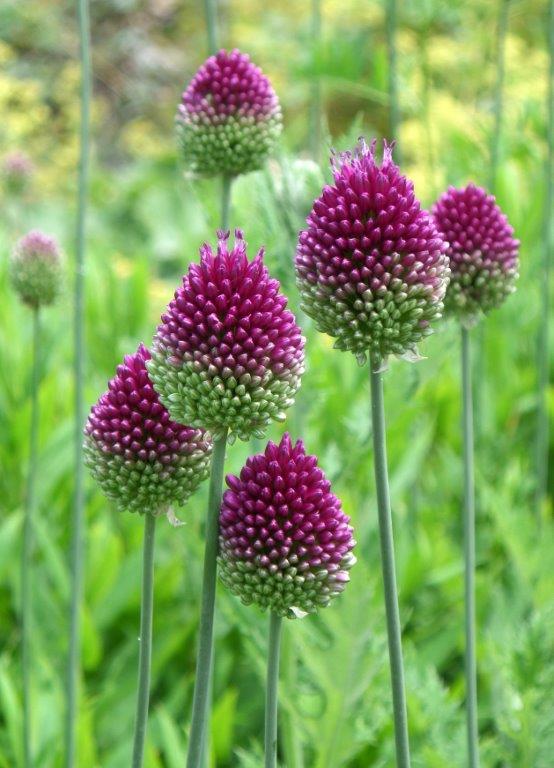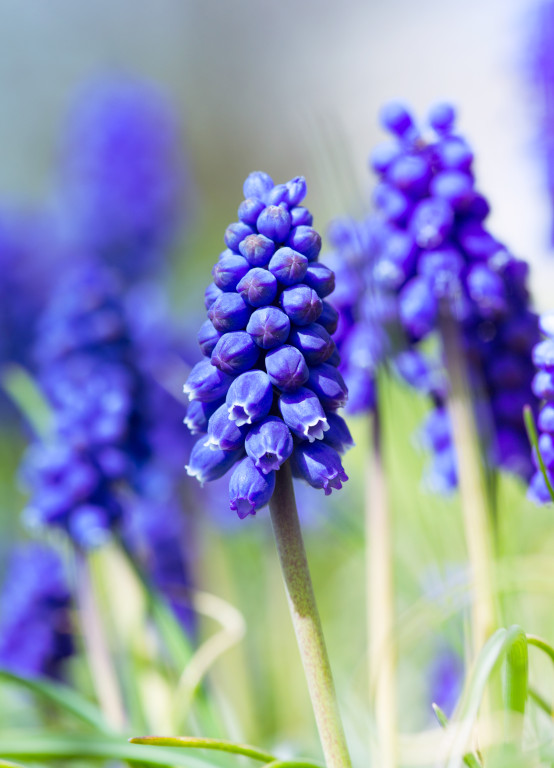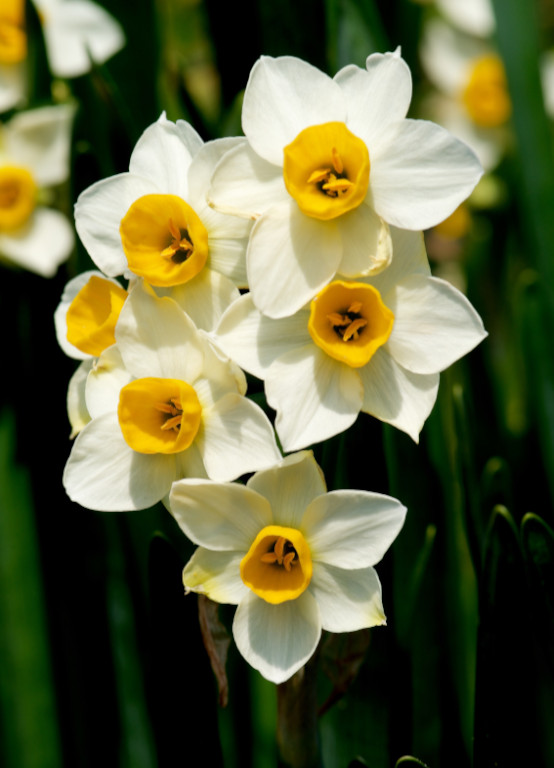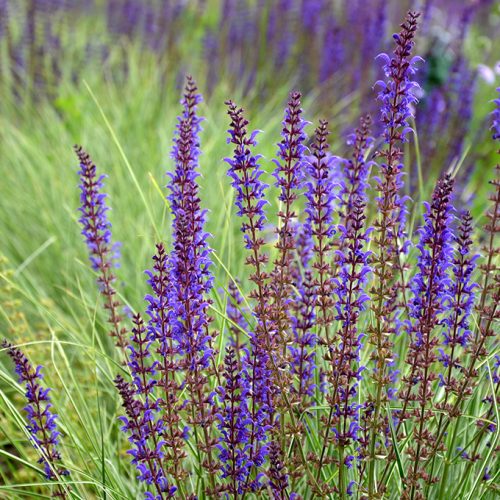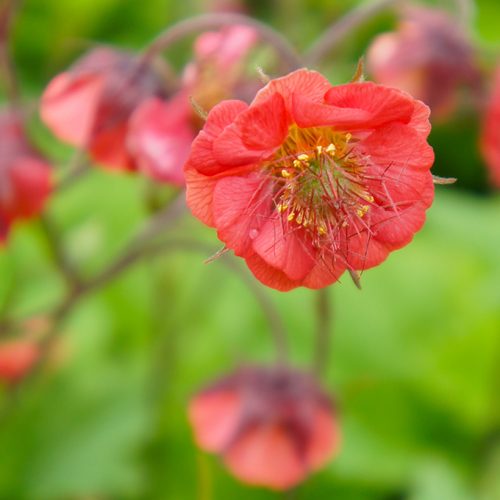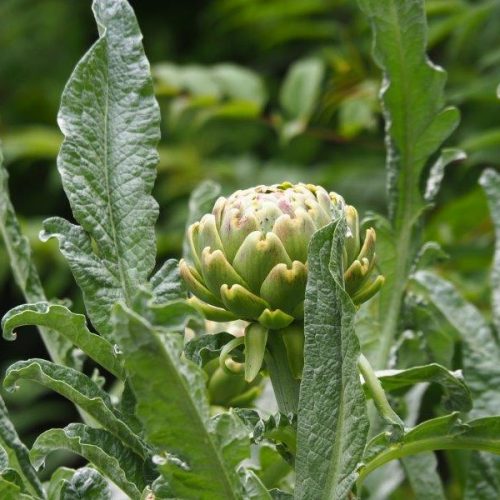Why Choose for Organic Flower Bulbs and Plants?
Conventional flower bulb cultivation heavily relies on chemical agents and fertilizers, whereas organic cultivation ensures a pesticide-free and entirely natural approach. This method brings immense benefits to humans and animals, enhances biodiversity, nurtures the soil, and ultimately contributes positively to our world. Read more about pesticides harming bees and pollinators at PAN UK and about pesticides used in flower production in this scientific review.
Safe for bees and other pollinators.
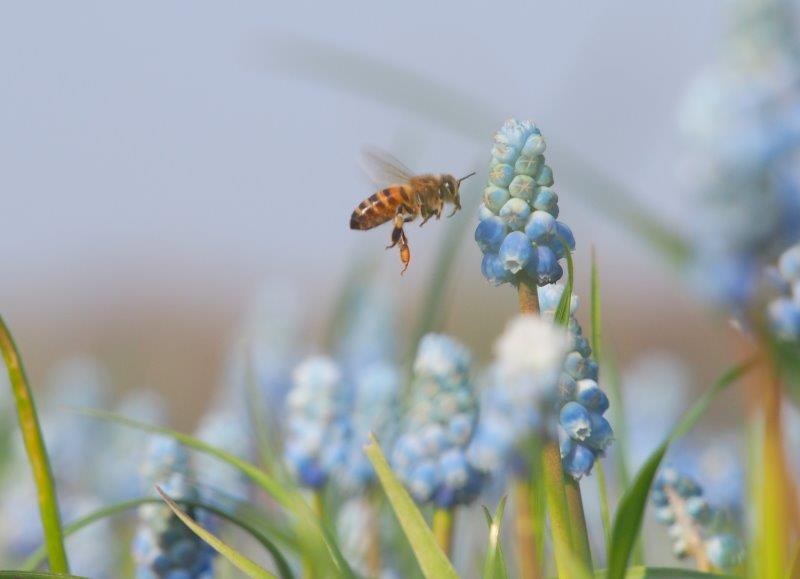
Organic bulb cultivation offers a sustainable and environmentally friendly approach to growing flowers. By preserving natural biodiversity on uncultivated land, nature thrives during the cultivation process. The transition from winter food fields to mixed green manure further enhances the ecological benefits.
At our flower bulb nurseries, we take pride in cultivating a diverse range of organic tulips, daffodils, crocuses, and other unique bulbs that attract bees, bumblebees, butterflies, and various insects. In a world often affected by pesticide spraying, pollinators and insects face challenges. However, in our organic flower fields, they find a safe haven where they can access healthy food.
For bees and bumblebees, the organic crocuses provide their first food after hibernation. As the season progresses, they can rely on botanical tulips and other special bulbous plants like bluebells, chionodoxa, ornithogalum, among others, for sustenance. Our commitment to organic practices ensures that these essential creatures can thrive and contribute to a flourishing ecosystem.
Field edges full of wildflowers
Within the organic flower bulb fields, the perimeters are thoughtfully sown with wildflowers. As the bulbous flowers fade away during the summer, the vibrant wildflower mixtures come to life, providing a crucial food source of nectar and pollen for pollinators, including bees and other insects. Moreover, the flowering field edges foster the development of natural aphid enemies, promoting a balanced and harmonious ecosystem.
Healthy soil.
Through organic cultivation, the soil life undergoes a remarkable recovery, leading to a doubling of the organic matter content. While organic bulb growing may present challenges, it is undoubtedly achievable. However, the less intensive approach in cultivation incurs higher costs, reflected in the price of organic flower bulbs.
Our dedicated organic growers prioritize nurturing healthy soil by sowing the land with a thoughtful blend of green manures – plants that enhance soil fertility immediately after harvesting organic bulbs. Each plant, through its root system, releases vital substances that become nourishment for the microorganisms in the soil. This collaborative relationship between beneficial fungi and plants, particularly mycorrhizal fungi, forms supportive networks that facilitate essential growth processes and protect the plants.
The diverse range of plants included in the green manure mixture contributes to soil fertility. This mixture encompasses 11 different types of plants, including cereals for deeper rooting and improved soil structure, various legumes that capture nitrogen from the air and release it back into the soil later on, and crucifers that counteract detrimental nematodes. The thriving soil life results in optimal resistance and resilience, leading to reduced disease pressure and healthier, more sustainable cultivation practices.
